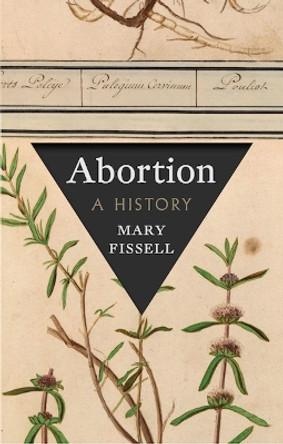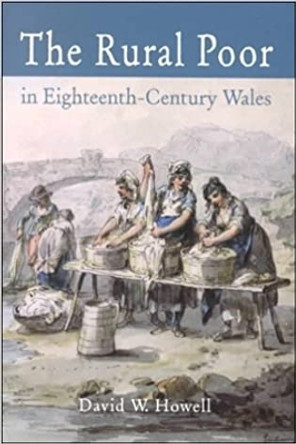Description
An inquiry into the causes and effects of the decline in popular medicine.
Reviews
"...unique in its focus on the provision of health care to the poorer inhabitants of eighteenth-century Bristol and area...." Doreen A. Evenden, Canadian Journal of History
"This brief review cannot do justice to the way in which Fissell skillfully draws together several analytical threads. Her discussions of the waxing power of surgeons, the social role of the Infirmary, and the corporal disenfranchisement of the poor are based on meticulous research and reflect an enviable command of the secondary literature. This produces a colorful tapestry of interpretations and meanings that reveals how the older fabric of medical pluralism unraveled." Mary Lindemann, American Historical Review
"Beautifully written, accessible, engaging, Mary Fissell's book is no specialist monograph but a skilful application of current debates which can be pressed with enthusiasm on students and the general reader alike." Margaret Pelling, The Times Higher Education Review
"...a significant contribution to the growing body of literature on the Georgian medical marketplace....fills an important gap in our understanding of health care in provincial England. It should be required reading for social and medical historians interested in the eighteenth century." Guenter B. Risse, Albion
"...an intriguing book which neatly sets medical history topsy-turvy." Richard T. Vann, Journal of Interdisciplinary History
"The strength of this work is its detail of the variety of medical practice in the eighteenth century and the story of the growing professionalization of the surgeon and physician. The lively anecdotal history of medicine in Bristol is not only entertaining, but is also illuminating for a time when competition for patients was vigorous, and medical ethics suffered." Deborah Wiggins, Journal of the History of Medicine
"...an important contribution to the flourishing field of the social history of medicine in both its intellectual and social contexts....The result is a series of fascinating insights into medical practice in a major eighteenth-century English city...a stimulating book...has greatly enhanced our understanding of early modern medicine." A.L. Beier, ISIS
"...a fine book, well written, muscularly argued and conceived....a fine contrbution to a young and vital historical discipline." Donna Andrew, Journal of Modern History
"...this text is an important source for understanding the complex content of English charity and medical care during the century that preceded the emergence of organized nursing...reveals complex eighteenth-century Bristol in an accessible and understandable manner, and it is rich with details that suggest further questions about the relationships among patients, medical practitioners, social institutions and charity...Also notable is the depth and breadth of the text's bibliography." Janna Dieckmann, Book Reviews
"This work adds to the prevailing wisdom that an important change occurred in the medical profession and medical practice around the middle of the eighteenth century. This book adds to our understanding of early modern medical institutions, while corroborating the work of others, notably Roy Porter, on the changing nature of medicine over the eighteenth century." The Eighteenth Century
Book Information
ISBN 9780521400473
Author Mary E. Fissell
Format Hardback
Page Count 282
Imprint Cambridge University Press
Publisher Cambridge University Press
Weight(grams) 566g
Dimensions(mm) 229mm * 152mm * 19mm










